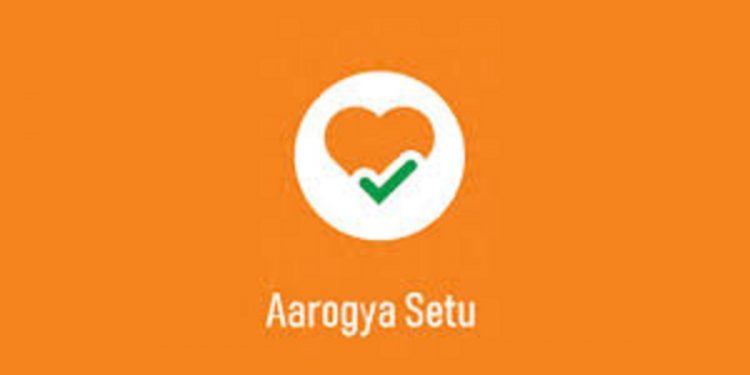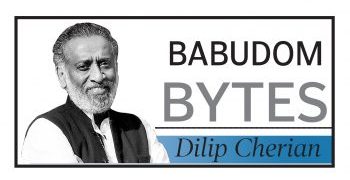The Aarogya Setu app, launched by the Union government April 2, was meant to be a tool to fight COVID-19 in the country. That said, the app is battling negative perception amid concerns of privacy violations.
Despite having been downloaded at least 7.5 crore times as of Saturday morning, the usage has been nothing to write home about. While many organisations have made this app — available in 11 languages for pan-India use — mandatory, many remain fiercely opposed to it.
The app started its journey as the main contact tracing technology tool endorsed by the Central government. Developed by the National Informatics Centre under the Ministry of Electronics & Information Technology, the app was actively promoted by Prime Minister Narendra Modi who urged the nation to download it on many occasion across several platforms.
Aarogya Setu is designed to keep track of other Aarogya Setu users that a person came in contact with and alert him or her if any of the contacts tests positive for COVID-19. It achieves this using the phone’s Bluetooth and GPS capabilities.
This software keeps a record of all other Aarogya Setu users that it detected using Bluetooth, and also a GPS log of all the places that the device has been to. All these records are stored on the user’s phone till the time any user tests positive or declares symptoms of COVID-19 in a self-assessment survey in the app. Once tested positive, the records are uploaded to the servers.
According to the privacy policy of Aarogya Setu, users get a colour coding of green and yellow based on the self-assessment. The data of users who fall in the yellow category are uploaded to the server, while the remaining ones in green category are retained in the app.
Apart from uploading user data, the app tracks location, uses Bluetooth and records personal information of users such as name, sex, age, phone number, current location and travel history that is uploaded to government servers. This has led to concerns for many.
According to a working paper from the Internet Freedom Foundation, the Aarogya Setu working model suggests interdepartmental exchanges of people’s personal information and is even more excessive than countries like Singapore and even Israel.
(PNN& Agencies)







































